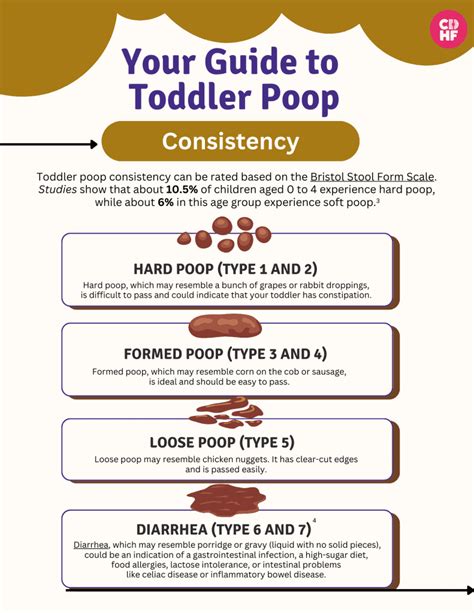The human body is a complex and fascinating machine, with various systems working in harmony to maintain overall health. One of the most vital, yet often overlooked, systems is the digestive system. At the heart of this system lies the process of defecation, a natural and essential function that eliminates waste from the body. However, for many individuals, this process can be a source of discomfort, anxiety, and even pain. Understanding the basics of bowel movements and how to manage them can significantly improve quality of life.
Defecation: The Process
Defecation is the final step in the digestive process, where the body expels waste in the form of feces. This process involves the coordinated effort of the digestive system, nervous system, and muscles in the pelvic floor. The journey of food through the digestive system begins in the mouth, where it is chewed and mixed with saliva. It then travels down the esophagus into the stomach, where it is further broken down by gastric acids. The partially digested food then enters the small intestine, where most of the nutrient absorption takes place. What remains then moves into the large intestine, or colon, where water is absorbed, and the waste becomes more solid.
The Role of the Colon
The colon plays a crucial role in the digestive process, particularly in the formation and elimination of feces. It is here that water and electrolytes are absorbed, and the remaining waste is prepared for elimination. The colon is divided into several sections, each with its specific function. The ascending colon receives the waste from the small intestine, the transverse colon carries it across the abdomen, the descending colon moves it downward, and the sigmoid colon stores the feces until they are ready to be eliminated.
Factors Influencing Bowel Movements
Several factors can influence bowel movements, making them more frequent, less frequent, or altering their consistency. Diet is one of the most significant factors, with high-fiber foods helping to soften and bulk up stool, making it easier to pass. Hydration is also crucial, as adequate water intake helps prevent constipation by keeping the stool soft. Physical activity can stimulate bowel movements, while a sedentary lifestyle may lead to constipation. Stress and emotional states can also affect bowel movements, with stress often causing changes in bowel habits.
Maintaining Healthy Bowel Movements
Maintaining healthy bowel movements involves a combination of dietary habits, lifestyle choices, and awareness of one’s body. Consuming a diet rich in fruits, vegetables, and whole grains can help ensure regular bowel movements. Staying hydrated is also essential, as water helps to keep the digestive system functioning smoothly. Regular physical activity, even if it’s just a short walk each day, can help stimulate bowel movements. Managing stress through relaxation techniques such as meditation or deep breathing can also help regulate bowel habits.
Common Issues with Bowel Movements
Despite the importance of bowel movements, many individuals experience issues such as constipation, diarrhea, or irregular bowel movements. Constipation, characterized by hard, dry stool that is difficult to pass, can be caused by a lack of fiber, insufficient hydration, or physical inactivity. Diarrhea, marked by loose, watery stools, can be a result of infection, food intolerance, or certain medications. Irregular bowel movements can be caused by changes in diet, travel, or stress.
Management and Treatment
Managing and treating issues with bowel movements often involves dietary and lifestyle adjustments. For constipation, increasing fiber intake and ensuring adequate hydration can help. In some cases, laxatives may be necessary, but their use should be limited and under the guidance of a healthcare provider. For diarrhea, oral rehydration solutions can help replace lost fluids and electrolytes. In cases of persistent or severe issues, medical intervention may be necessary to rule out underlying conditions that may be contributing to the problem.
Conclusion
Understanding the basics of bowel movements and maintaining a healthy digestive system is crucial for overall well-being. By being aware of the factors that influence bowel movements and taking steps to manage them, individuals can prevent common issues such as constipation and diarrhea. A balanced diet, regular physical activity, and adequate hydration are key components of healthy bowel habits. For those experiencing persistent issues, seeking advice from a healthcare provider can lead to effective management and treatment, improving quality of life.
Frequently Asked Questions
What is a normal bowel movement frequency?
+A normal bowel movement frequency can vary significantly from person to person, but it is generally considered to be anywhere from three times a day to three times a week. What’s more important than frequency is the consistency and ease of bowel movements.
How does diet affect bowel movements?
+Diet plays a significant role in bowel movements. Foods high in fiber, such as fruits, vegetables, and whole grains, can help soften and bulk up stool, making bowel movements easier and more regular. A diet low in fiber can lead to constipation.
Can stress affect bowel movements?
+Yes, stress can affect bowel movements. Stress can cause changes in bowel habits, leading to either constipation or diarrhea. Managing stress through relaxation techniques can help regulate bowel movements.
When should I seek medical help for bowel movement issues?
+You should seek medical help if you experience persistent changes in bowel movements, severe abdominal pain, blood in the stool, or if you suspect an underlying condition is affecting your bowel movements. Early intervention can prevent complications and improve outcomes.



